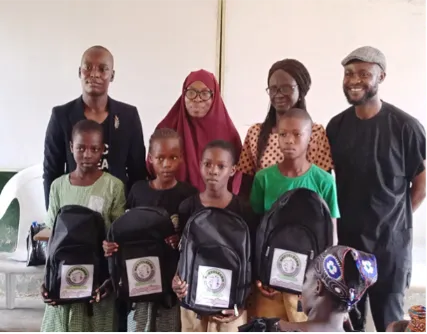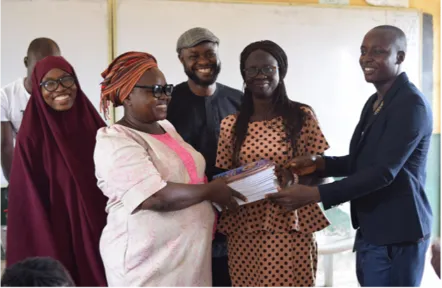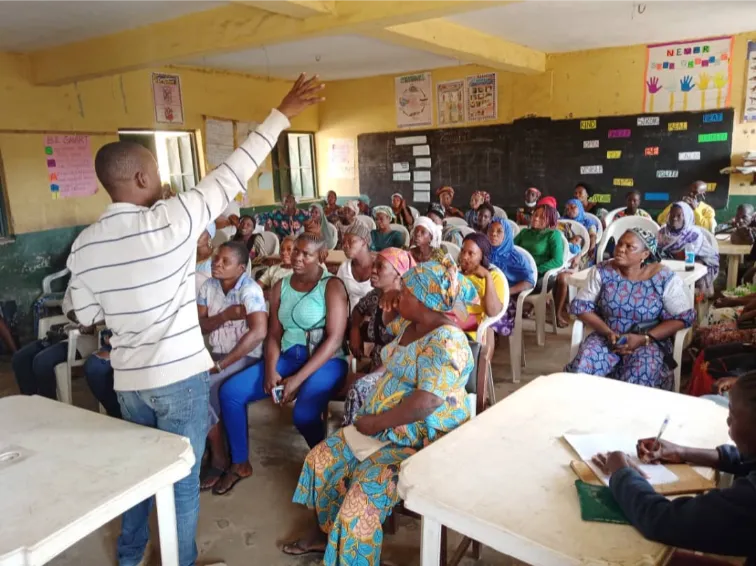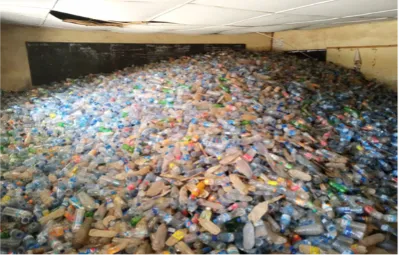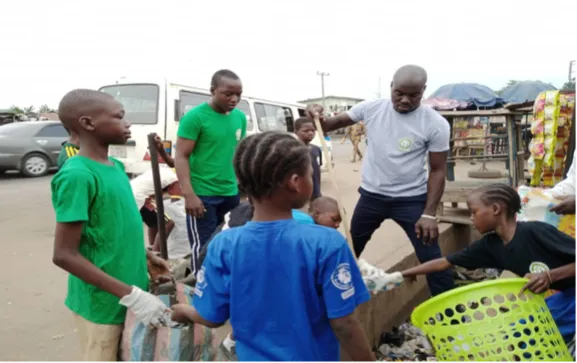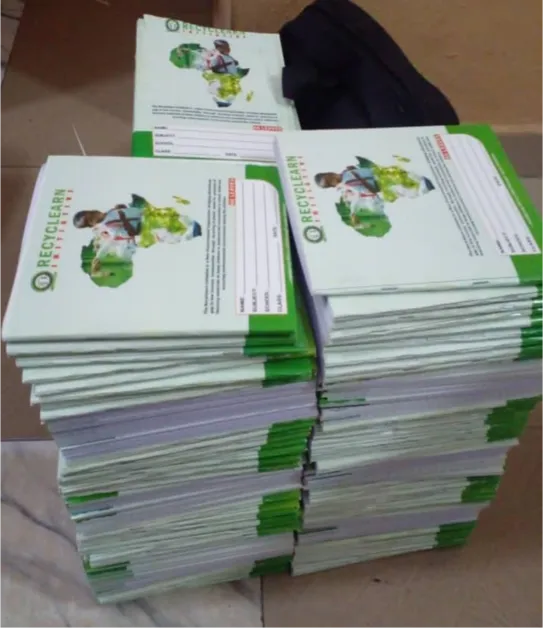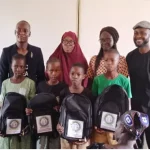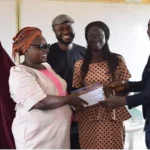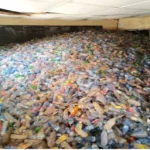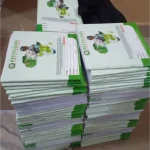Teacher: Abdulrazak Kazeem Adekunle

Abdulrazak Kazeem Adekunle
Kazeem has over five years of teaching experience, including through the National Youth Service Corp and later as a Teach for Nigeria fellow. In the classroom, he has taught foundational literacy, numeracy and STEM subjects. He also founded the Recyclearn Initiative which is currently addressing climate issues, plastic pollution, providing educational resources and instilling environmental consciousness in children in low-income communities. Outside the classroom, he has taken part in various volunteering roles which have focused on; WASH, entrepreneurship, financial and digital literacy, women empowerment etc. He has recently presented work at three professional conferences and has contributed to various academic papers. Kazeem has also worked as a GIS/Research Associate with three different town planning firms. Becoming a teacher was motivated by Kazeem’s own background growing up in a low-income household, and a desire to assist others from similar backgrounds to reach their full potential, this also inspired him to start Recyclearn.
Usefull links related to the Solution
Overview
This recycling project involves learners and the wider community in a recycling drive which demonstrates the financial and environmental benefits of recycling. Funds generated from the recycling drive were used to purchase school resources for children in low-income communities. The recycling drive was supported by climate change education lessons and outreach education activities for the wider community.
Theory of Change
Two and a half million tonnes of plastic waste are produced in Nigeria every day, unfortunately, most of this plastic ends up in landfill sites and waterways across the country. School attendance is also a major issue across the country with more than 18 million children regularly not attending school and some in school children not accessing learning due to a lack of educational resources. The project aimed to tackle these problems by collecting and recycling plastic waste, and using the proceeds generated from these activities to provide learning resources to children in low-income communities, therefore enabling them to access schooling. Educational activities were also provided to ensure there was an understanding of the wider need for these activities including their environmental impact.
Approach and Actions
Teams made up of teachers, learners, parents and community leaders were formed. The teams were then challenged to collect as much plastic waste from their local community as they could. The plastic waste was recycled commercially and all proceeds were used to purchase learning resources for children in low-income communities- so far books and bags have been purchased. This project is currently being carried out in three States in Nigeria including Ogun, Osun and Ekiti State with over 25 team members across eight schools and 25 communities. So far over 250,000 pieces of plastic have been collected. Stakeholder engagement activities -explaining the environmental impacts of waste plastic and the environmental benefits of recycling- are also carried out.
Impact
So far 575 learners in low-income communities have directly benefited from the purchase of learning resources purchased through the project, this has led to a decrease in the financial stress experienced by the parents of these students and also improvements in their learning outcomes. More widely there has been an increase in the environmental consciousness of students, families and communities who have so far taken part in the project. Another indicator of the success of the project is that it was originally available only in primary schools but it has recently been rolled out in secondary schools due to high interest from secondary school teachers.
